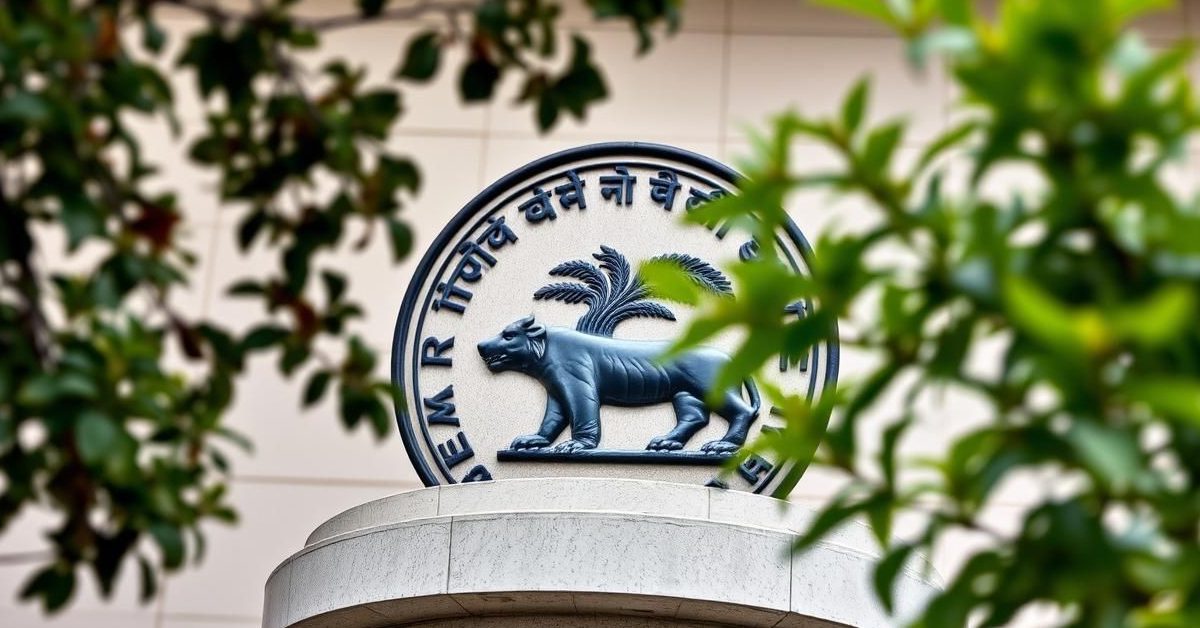A parliamentary committee has decided to keep controversial provisions for digital search and seizure in the new Income Tax Bill, 2025, despite concerns about privacy.
Digital Powers Remain Intact
The Select Committee on the Income Tax Bill, 2025, led by BJP leader Baijayant Panda, tabled its extensive report in Lok Sabha, recommending that the digital search and seizure clause remain largely unchanged. The committee stated these powers are “adequate” and consistent with the existing 1961 Act.
Stakeholders had voiced significant concerns, primarily focusing on potential privacy breaches. They called for clear guidelines on personal data usage, removal of powers to search “any person present” during an operation, and protection for privileged communications, like those between spouses or with doctors/lawyers.
Why the Powers Are Deemed Necessary
The Department of Revenue, under the Ministry of Finance, defended the provisions, explaining they are essential to adapt to evolving digital circumstances. They highlighted that statements from individuals present during searches are crucial for investigations.
Regarding access to electronic media, the ministry clarified that the scope cannot be limited. Digital data, including login IDs and passwords for email or social media, are often used to hide financial information in encrypted chats, making broad access necessary for effective investigation.
Government Agencies Weigh In
The Ministry of Electronics and Information Technology (MeitY) supported the broadened powers, calling them a “necessary measure” for the digital age. MeitY confirmed that the Income Tax Department, when seizing digital data, acts as a data fiduciary and must comply with the Digital Personal Data Protection (DPDP) Act, ensuring information isn’t published or shared inappropriately.
The Ministry of Law and Justice also affirmed that the right to privacy is not absolute. They cited exceptions like national security and prevention of crime, stating that Income Tax rules provide clear procedures for search and seizure operations and secure custody of seized materials.
Key Recommendations for Non-Profits
The committee also proposed significant relief for non-profit organizations (NPOs). It recommended reintroducing tax exemption on anonymous donations for religious-cum-charitable trusts, a provision present in the current Income Tax Act but removed in the new Bill.
The Bill proposed a 30% tax on anonymous donations for all NPOs, exempting only those wholly religious. The committee emphasized that the ambiguity regarding mixed charitable and religious objectives needs to be removed to support India’s hybrid NPO sector and prevent undue burden on legacy trusts.
Relief for TDS Refund Claims
Another crucial recommendation affects individuals claiming TDS refunds. The committee suggested removing the mandatory requirement for an assessee to file Income Tax returns by the due date solely to claim a refund. This change aims to prevent small taxpayers, whose income is below the taxable threshold but from whom tax has been deducted, from facing prosecution.
This flexibility would allow refund claims even if returns are filed after the due date, providing significant relief and preventing undue hardship for many.
- Parliamentary committee retains broad digital search and seizure powers in the new Income Tax Bill.
- Concerns about privacy and access to social media accounts were raised but largely dismissed by authorities.
- The government argues these powers are crucial to uncover hidden financial data in the digital realm.
- The committee recommends reintroducing tax exemptions for anonymous donations to religious-cum-charitable trusts.
- A provision requiring mandatory IT return filing for TDS refunds for small taxpayers may be removed.
These recommendations aim to balance the need for effective tax enforcement with taxpayer convenience and the unique operational aspects of various organizations.
A parliamentary committee has decided to keep controversial provisions for digital search and seizure in the new Income Tax Bill, 2025, despite concerns about privacy.
Digital Powers Remain Intact
The Select Committee on the Income Tax Bill, 2025, led by BJP leader Baijayant Panda, tabled its extensive report in Lok Sabha, recommending that the digital search and seizure clause remain largely unchanged. The committee stated these powers are “adequate” and consistent with the existing 1961 Act.
Stakeholders had voiced significant concerns, primarily focusing on potential privacy breaches. They called for clear guidelines on personal data usage, removal of powers to search “any person present” during an operation, and protection for privileged communications, like those between spouses or with doctors/lawyers.
Why the Powers Are Deemed Necessary
The Department of Revenue, under the Ministry of Finance, defended the provisions, explaining they are essential to adapt to evolving digital circumstances. They highlighted that statements from individuals present during searches are crucial for investigations.
Regarding access to electronic media, the ministry clarified that the scope cannot be limited. Digital data, including login IDs and passwords for email or social media, are often used to hide financial information in encrypted chats, making broad access necessary for effective investigation.
Government Agencies Weigh In
The Ministry of Electronics and Information Technology (MeitY) supported the broadened powers, calling them a “necessary measure” for the digital age. MeitY confirmed that the Income Tax Department, when seizing digital data, acts as a data fiduciary and must comply with the Digital Personal Data Protection (DPDP) Act, ensuring information isn’t published or shared inappropriately.
The Ministry of Law and Justice also affirmed that the right to privacy is not absolute. They cited exceptions like national security and prevention of crime, stating that Income Tax rules provide clear procedures for search and seizure operations and secure custody of seized materials.
Key Recommendations for Non-Profits
The committee also proposed significant relief for non-profit organizations (NPOs). It recommended reintroducing tax exemption on anonymous donations for religious-cum-charitable trusts, a provision present in the current Income Tax Act but removed in the new Bill.
The Bill proposed a 30% tax on anonymous donations for all NPOs, exempting only those wholly religious. The committee emphasized that the ambiguity regarding mixed charitable and religious objectives needs to be removed to support India’s hybrid NPO sector and prevent undue burden on legacy trusts.
Relief for TDS Refund Claims
Another crucial recommendation affects individuals claiming TDS refunds. The committee suggested removing the mandatory requirement for an assessee to file Income Tax returns by the due date solely to claim a refund. This change aims to prevent small taxpayers, whose income is below the taxable threshold but from whom tax has been deducted, from facing prosecution.
This flexibility would allow refund claims even if returns are filed after the due date, providing significant relief and preventing undue hardship for many.
- Parliamentary committee retains broad digital search and seizure powers in the new Income Tax Bill.
- Concerns about privacy and access to social media accounts were raised but largely dismissed by authorities.
- The government argues these powers are crucial to uncover hidden financial data in the digital realm.
- The committee recommends reintroducing tax exemptions for anonymous donations to religious-cum-charitable trusts.
- A provision requiring mandatory IT return filing for TDS refunds for small taxpayers may be removed.
These recommendations aim to balance the need for effective tax enforcement with taxpayer convenience and the unique operational aspects of various organizations.














